Inspiring tomorrow's scientists
Learning Resources
The Stowers Institute is committed to scientific discovery for the benefit of humankind and to science education for the benefit of a better future. The scientific research conducted at the Institute aims to inspire and educate the next generation of scientists. Learn more about our educational materials and opportunities below.

Resources for Educators
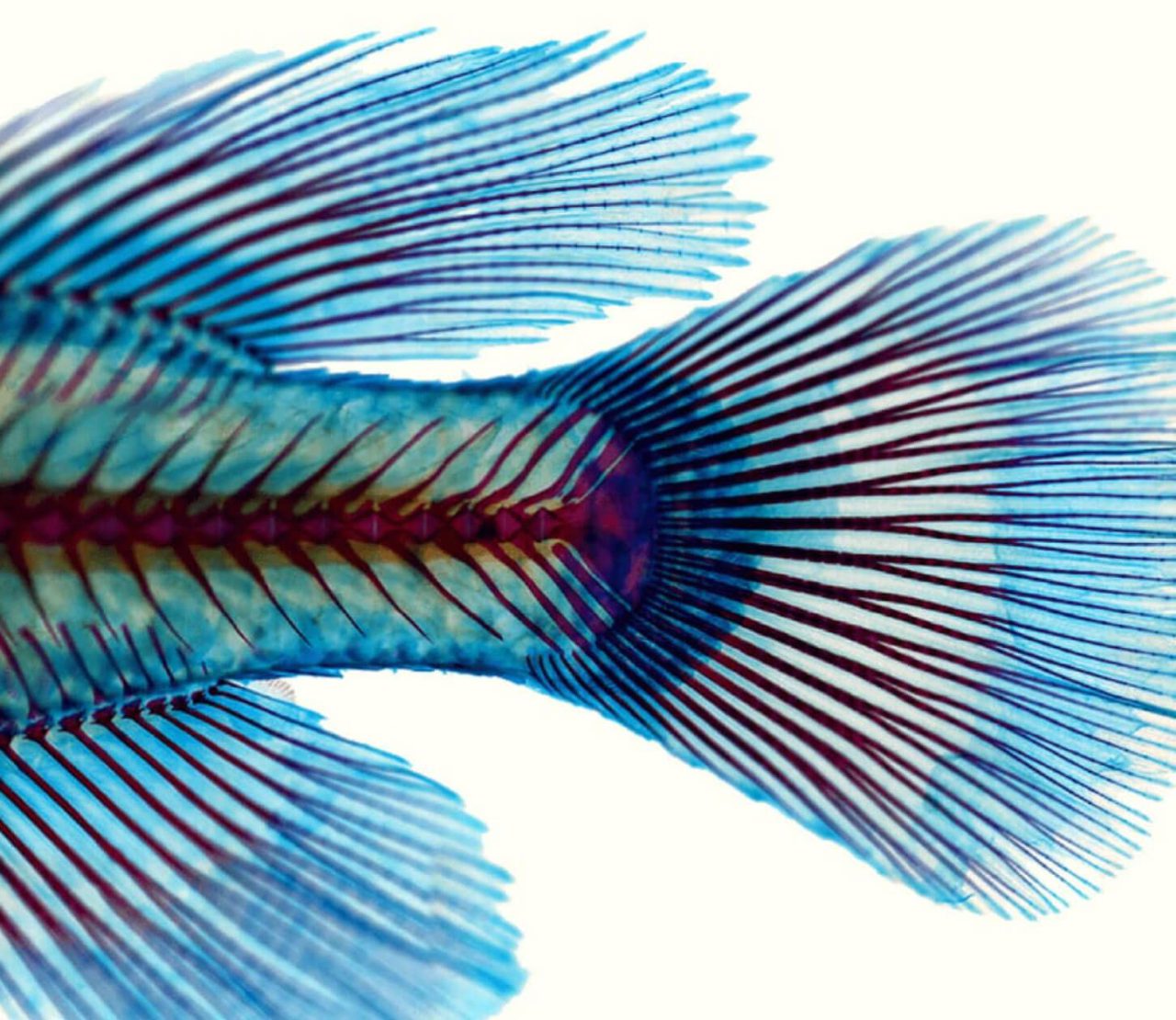
Research Organisms
Research organisms from single-cell yeasts and zebrafish to chameleons and mice can provide clues to the processes governing human health and disease.

Our Impact
From diabetes to neurodegeneration, infertility to regeneration, and congenital syndromes to cancer, the potential impact of our research has a far-reaching impact.
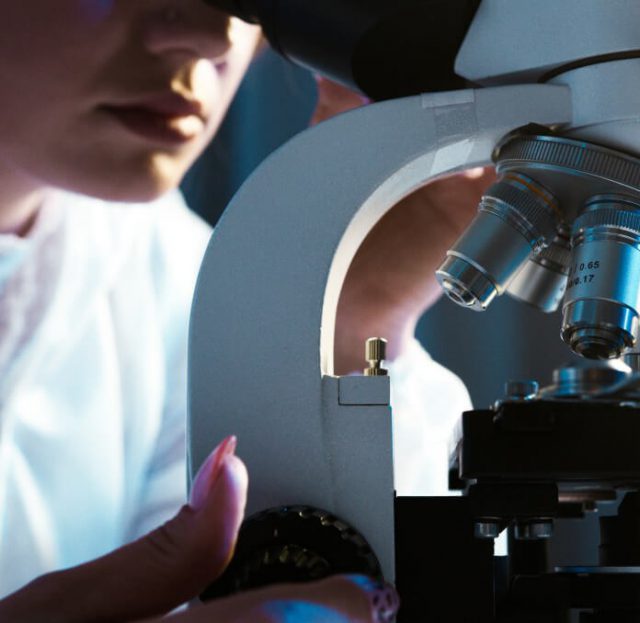
Our discoveries and news
Discoveries at the Stowers Institute help increase our knowledge of foundational science and unlock the mysteries of life.
Education Resources
If you're an educator interested in learning more about our research or would like to request a scientist to speak with your students contact us at communications@stowers.org.
Cutting Class: Planarian Education Resource
In this resource, you'll find a detailed explanation of the experiments that you as a teacher or a student can preform in the classroom.
Planarians are wonderful creatures with remarkable regenerative capabilities. Cut them into many pieces and each piece will grow back into a complete worm! You might think growing an entire animal from a piece would take a long time, but it only takes about two weeks for all the missing pieces to grow into a complete animal! These little worms are helping scientists around the world to unravel the mysteries of regeneration and can help you explore fundamental biological questions related to growth, regrowth, aging, and even stem cell biology. Learn more at the button below.
Planarian Education Resource: Where cutting class is required
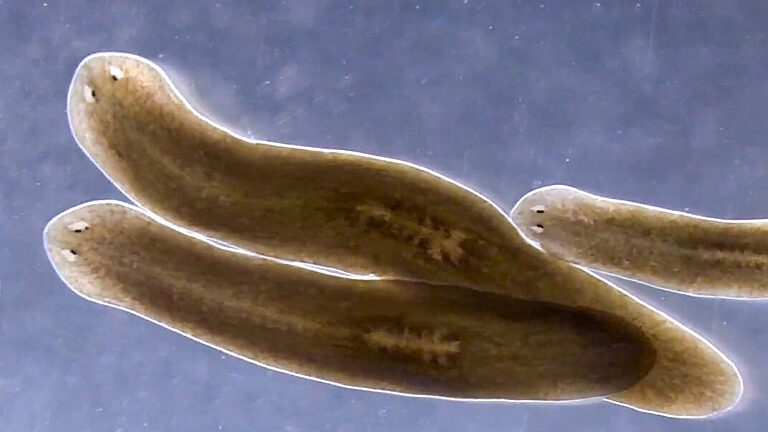
The Basics of Biology
Learn more about the basics of biology in our series #BioBasics. We take complex subjects and help you understand their impact and importance in foundational research.
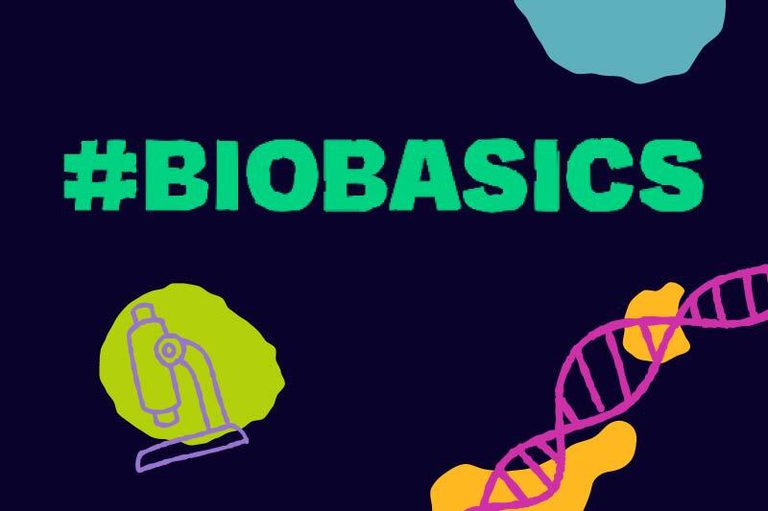
What is DNA?
What exactly is DNA? And how does it relate to research at the Stowers Institute?
What is regeneration?
What is regeneration and why do scientists at the Stowers Institute study it? Discover the incredible regenerative capacity of research organisms
What is Artificial Intelligence?
Scientists at the Stowers Institute for Medical Research are harnessing novel technology to benefit foundational science and enhance our understanding of human health and disease.
What is Electron Micrscopy?
Learn more about how electron microscopy helps uncover new knowledge for scientists at the Stowers Institute.
What is a chromosome?
Cells of the human body contain DNA distributed into 23 pairs of linear strands called chromosomes, one set inherited from each parent. These 46 discrete DNA strands located in the cell’s nucleus are combined with proteins to make chromosomes, units of information that are replicated during cell division. Although typically pictured as a bubble letter ‘X’, this representation is of chromosomes that have replicated and packaged themselves into highly condensed DNA-protein parcels just before a cell divides. Each chromosome contains specific sequences, including genes, and are part of what makes us unique.
What are neural crest cells?
Stowers scientists study many different types of cells and processes of development, including a transient cell type critical for proper formation of the head, heart, and nervous system: neural crest cells. Beginning as a single cell, multicellular organisms including humans must make all the cells of the body. Early during vertebrate development, three distinct layers of cells emerge that eventually become different tissues and organs.
What are gene regulatory networks?
If your body were a city and genes were blueprints for buildings, you would still need architects, engineers, city planners, and construction workers to erect and maintain the city’s structures. In essence, the combination of blueprints, construction, and maintenance are akin to gene regulatory networks.
Why study research organisms?
Research organisms at the Stowers Institute are carefully chosen to answer a question or help solve a biological mystery.
How research organisms unlock the mysteries of life
Planaria
Apple Snails
Sea Lamprey
More Organisms
Five Questions about Diabetes
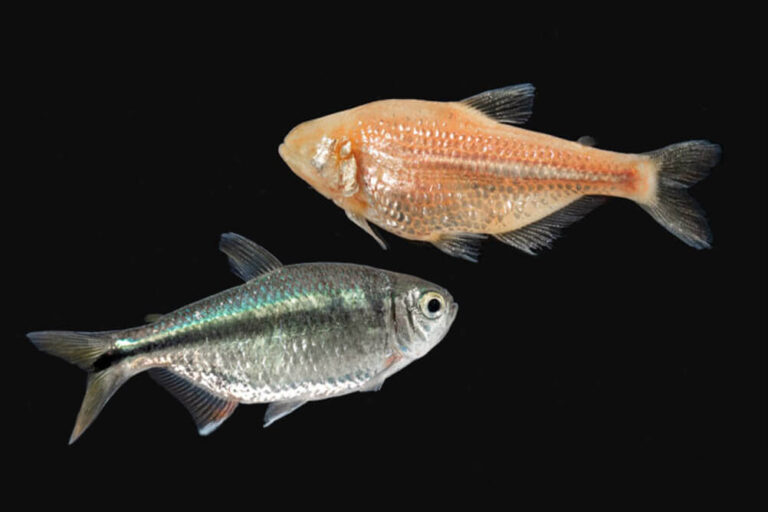
Investigating how metabolism works in humans and other species may yield answers for controlling and one day even curing diabetes.
Five Facts about Memory and the Brain

Memories of “firsts”—a first kiss, first love, first heartbreak—feel permanent. But why do we remember some moments yet forget others?
Unmasking five mysteries of metabolism
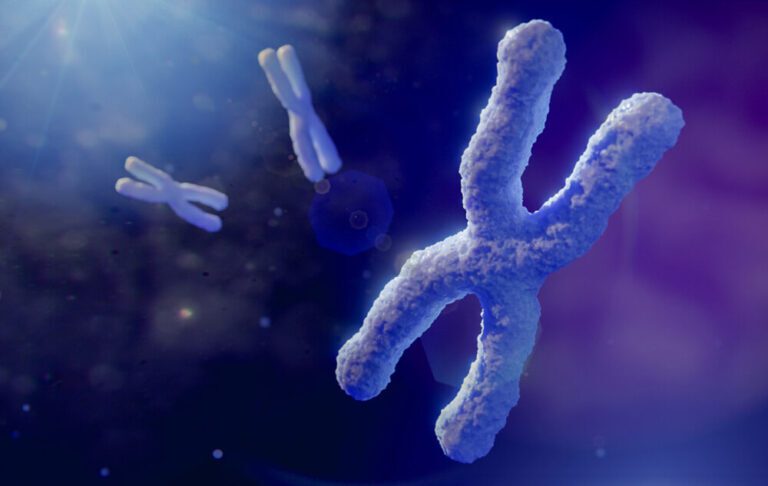
Stowers scientists are uncovering many mysteries underlying metabolism. Here we ask five questions to unravel metabolism and its complexities.
#StowersImpact
The Stowers Institute has earned a reputation as an influential center for biomedical research that broadly spans life science disciplines, asking the big questions in biology wherever they can be studied most effectively.
Built on the cornerstone of imagination and daring just like our founders’ vision, this bold and far-reaching approach sets the stage for transforming biological insights into new ways to alleviate disease and improve human health. From diabetes to neurodegeneration, infertility to regeneration, and congenital syndromes to cancer, the potential impact of our research knows no bounds.
Join us for a summer of research and learning!
Summer Scholars Program
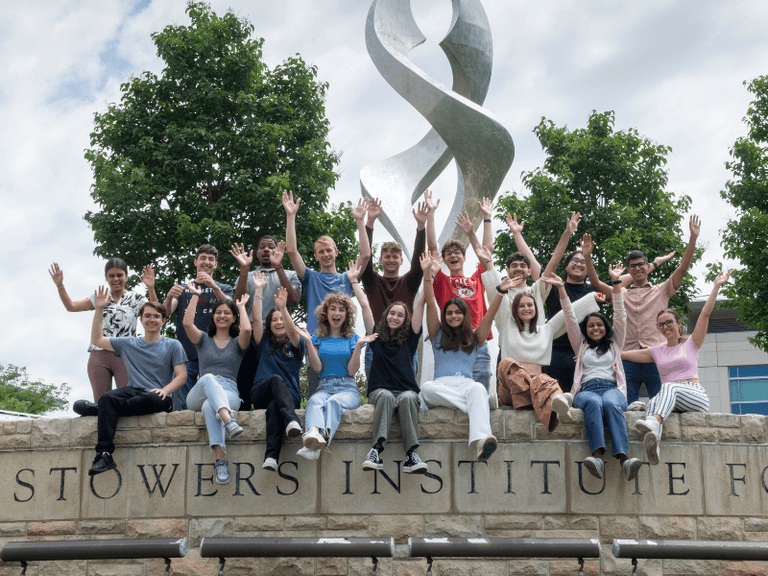
Stowers Summer Scholars spend 8 weeks over the summer conducting full-time research under the guidance and supervision of a Principal Investigator or a senior member of the lab. All Scholars are required to attend weekly scientific seminars on an array of research topics. Other activities include a weekly lunch where scholars learn about different research topics and scientific careers from Stowers Scientists. At the completion of the program, Scholars present their work in an all-Institute poster session. The Summer Scholars program is supported by a generous donation from the Stowers Foundation.
Undergraduate students interested in an intensive eight-week summer internship should apply through the Stowers Summer Scholars Program.
Graduate School Opportunities
Graduate students interested in our Ph.D. program can apply through the Graduate School of the Stowers Institute for Medical Research Ph.D. Program.
The Graduate School of the Stowers Institute also offers a Computational Biology Scholars Program.
